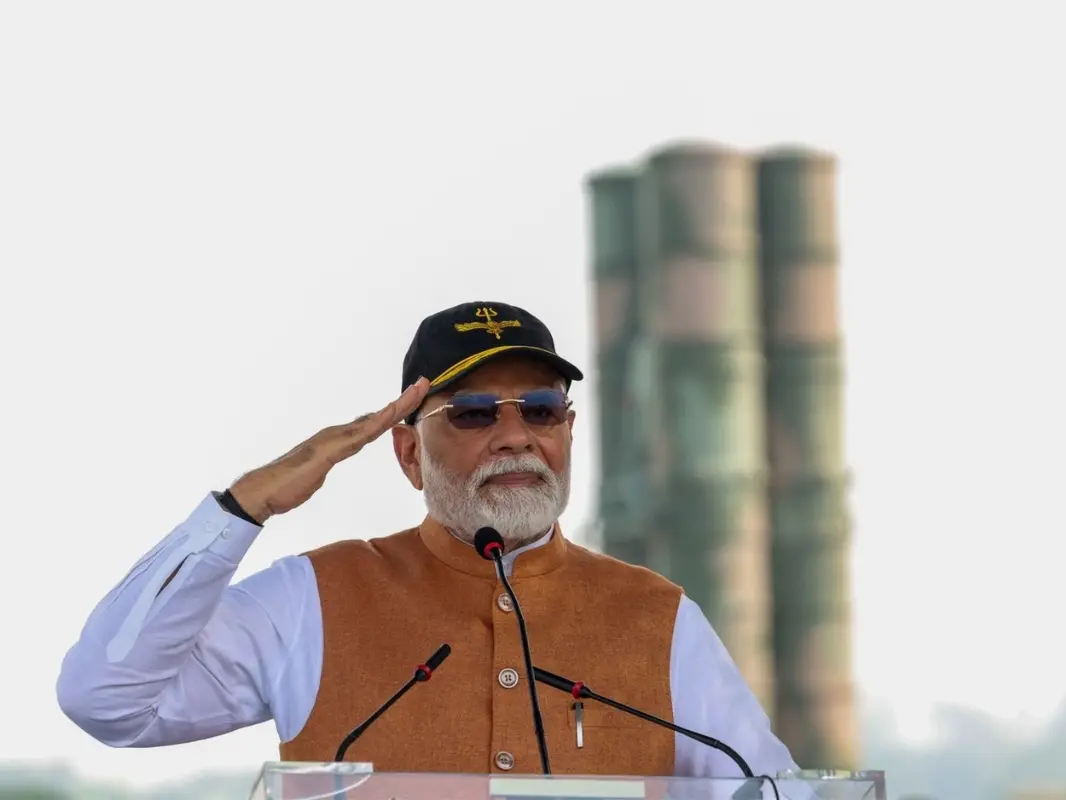Today, June 9, 2025, marks 11 years since Narendra Modi became Prime Minister of India—a milestone that reflects not just political longevity but transformational leadership that has reshaped the nation’s trajectory. Over these 11 years, India has experienced more than governance; it has witnessed purposeful, determined statesmanship. Yet, a dysfunctional Opposition remains fixated on him with an obsession bordering on the pathological—accusing, abusing, and yet never learning. The Modi era began by sweeping aside a corrupt and rudderless UPA regime that had sunk the nation into scams and stagnation. From the coal allocation fraud to the Commonwealth loot, Congress-led UPA governments from 2004–2014 became synonymous with kleptocracy. Modi’s arrival was not just a change of guard—it was a surgical cleansing of political filth. And for 11 years since, not one scandal has tainted his government. That alone is a monumental achievement in a democracy as complex and noisy as India’s. But Modi did not stop at clean governance. He turned India into the fastest-growing major economy, steering it from the fragile five to the formidable fourth. Under his watch, India overtook the UK and Japan, and is now set to surpass Germany to become the world’s third-largest economy. Inflation is under control, exports have surged, infrastructure has boomed, and poverty has declined at a pace never seen since independence. Over 60% of BPL families have been uplifted through schemes like Jan Dhan Yojana, PMAY, Ujjwala, and Ayushman Bharat. And what about national security? Under Modi, India has demonstrated military and strategic clarity unseen in decades. The Balakot strikes, the Doklam standoff, and most recently, the decisive four-day military retaliation against Pakistan have underlined India’s willingness to defend its borders with iron resolve. Indigenous defence production under ‘Aatmanirbhar Bharat’ is booming, with BrahMos missiles, Pinaka rocket systems, and Tejas aircraft gaining global interest. Modi hasn’t just guarded the nation—he’s equipped it for tomorrow.

Foreign policy under External Affairs Minister S. Jaishankar has projected India as a mature global power. Modi’s quiet but firm engagement with China, his unshakable friendship with Russia, and his assertive positioning at global forums like the G20 and COP summits have made India a diplomatic heavyweight. Even as the US flip-flops under erratic leadership, and Europe grapples with internal crises, India has emerged as the voice of the Global South. Contrast this with the disgraceful conduct of the Indian Opposition, led by Rahul Gandhi—a man who sees conspiracy in every corner, questions institutions without facts, and parades his ignorance as virtue. The Congress party, in particular, remains stuck in a dynastic time loop, still imagining that its surname entitles it to rule. Modi’s humility in inviting the Opposition to criticize him—but not the nation—was a statesman’s gesture. But instead of responsible dissent, they chose personal vendetta and mindless obstructionism. Even after being given 200 seats in the Lok Sabha, the Opposition has proven incapable of articulating a constructive national vision. Their discourse revolves around Modi, not India. They rage against one man while ignoring the fact that he commands the trust of 140 crore Indians who see him as their only bulwark against both chaos and compromise. Meanwhile, Modi 3.0 is already shaping India’s future—rolling out a semiconductor policy, pushing green hydrogen missions, ramping up AI innovation, and expanding welfare without fiscal recklessness. The RBI’s recent repo rate cut reflects the credibility and confidence his government commands in economic stewardship. As the world grows more volatile—from Trump’s America-first volatility to Xi’s expansionist ambitions—it’s India under Modi that offers a rare blend of stability and ambition. If China truly seeks peace and prosperity, cooperation with India, not confrontation, will serve both. A possible India-China-Russia axis could redefine global geopolitics, neutralize Western hypocrisy, and focus on genuine multipolarity. Eleven years in power. No scams. No retreat. No apology. Narendra Modi stands today as the tallest Indian leader in the post-independence era—not just because of the elections he won, but because of the country he transformed. He didn’t merely occupy the office. He redefined leadership. India under Modi isn’t just rising. It is roaring.







